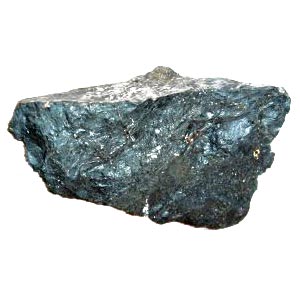Contents
Benefits
- As a component of myoglobin, a protein that provides oxygen to muscles, iron supports metabolism.
- Iron is also necessary for growth, development, normal cellular functioning, and synthesis of some hormones and connective tissue
- Iron is a mineral that our bodies need for many functions. For example, iron is part of hemoglobin, a protein which carries oxygen from our lungs throughout our bodies. It helps our muscles store and use oxygen. Iron is also part of many other proteins and enzymes.
- Your body needs the right amount of iron. If you have too little iron, you may develop iron deficiency anemia. Causes of low iron levels include blood loss, poor diet, or an inability to absorb enough iron from foods. People at higher risk of having too little iron are young children and women who are pregnant or have periods.
Cautions
- Too much iron can damage your body. Taking too many iron supplements can cause iron poisoning. Some people have an inherited disease called hemochromatosis. It causes too much iron to build up in the body.
Other Names
Atomic Number 26, Carbonate de Fer Anhydre, Citrate de Fer, Elemental Iron, Fe, Fer, Fer Élémentaire, Ferric Orthophosphate, Ferrous Carbonate Anhydrous, Ferrous Citrate, Ferrous Fumarate, Ferrous Gluconate, Ferrous Pyrophosphate, Ferrous Sulfate, Ferrum Phosphoricum, Fumarate de Fer, Gluconate de Fer, Glycérophosphate de Fer, Heme Iron Polypeptide, Hierro, Iron Glycerophosphate, Orthophosphate de Fer, Orthophosphate Ferrique, Numéro Atomique 26, Polypeptide de Fer de Heme, Pyrophosphate de Fer, Sulfate de Fer.
References
- Source: www.ods.od.nih.gov/factsheets/Iron-HealthProfessional/
- Source: Watson, Stephanie; “What You Need to Know About Iron Supplements”, Reviewed By Nazario, Brunilda, MD; www.webmd.com/vitamins-and-supplements/lifestyle-guide-11/iron-supplements
- Source: WebMD, “Iron”, www.webmd.com/vitamins-supplements/

